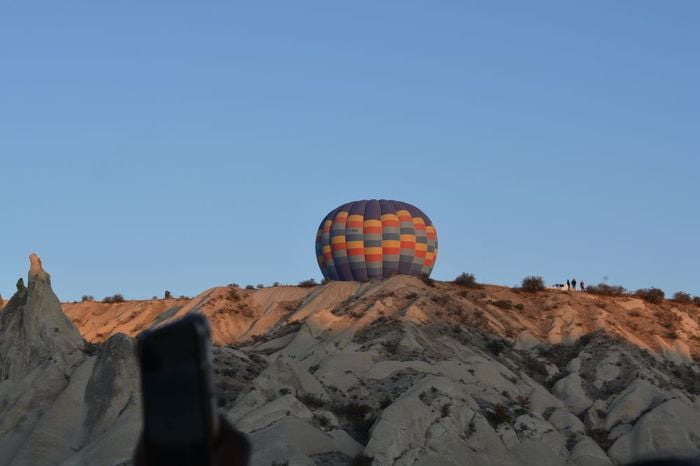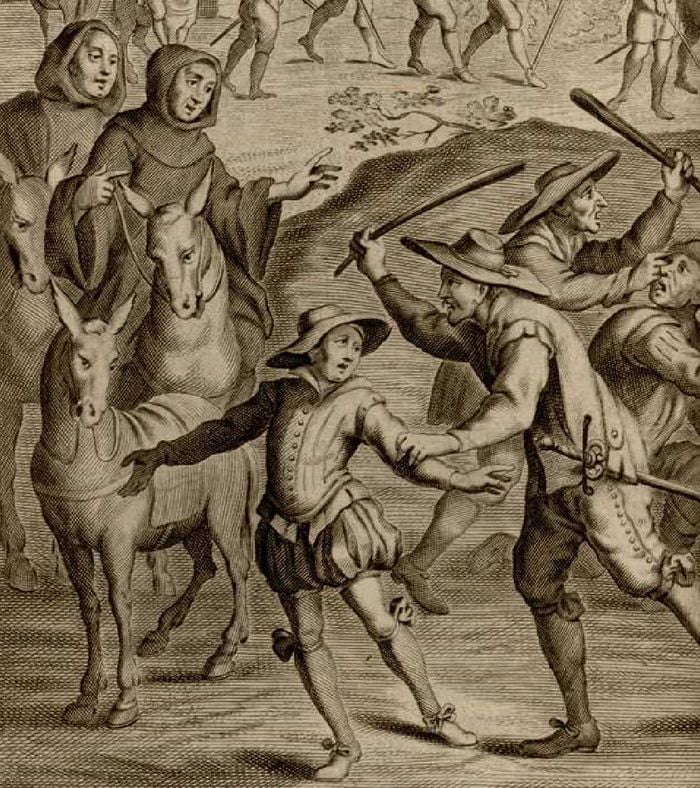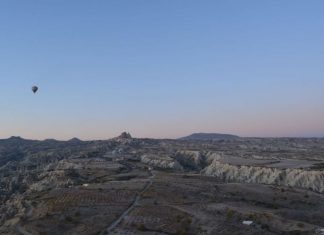Now the chieftains of the Scythians were minded to put the prisoners they held to death, but the majority of the people absolutely refused to allow this, as they wished to sell them for a price. And as this proposal gained the day, the Emperor was acquainted of it by letters from Melissenus who, although he was a prisoner, had done a great deal to persuade the Scythians to adopt this course. The Emperor, who was still in Beroë, at once sent to the capital for the requisite amount of money, and then redeemed the captives.
Send us back empty-handed
V At that time Tatus returned to the Ister with the Comans he had won over; directly they saw the amount of booty, and of captives, they said to the Scythian chieftains, “We have left our homes and travelled a long way to come to your assistance on the understanding that we should share your dangers and your victories. Therefore as we have done our best it would not be right to send us back empty-handed. For it was not by our choice that we arrived too late for the battle, nor can we in any way be blamed for that, for it was the fault of the Emperor who hurried on the battle. Therefore you must either divide all this booty equally with us, or instead of allies you will find us your enemies.”
The Scythians refused to do this. As the Comans would not accept their refusal, a violent struggle took place between them and the Scythians were thoroughly beaten, and only escaped with difficulty to the town called Ozolimne. And there they stayed for some time, hemmed in by the Comans and not daring to cross the lake. This lake which we now call “Ozolimne “is the largest in diameter and circumference of all the lakes ever mentioned by geographers and yields to none for size.
It lies beyond the Hundred Hills and is fed by very large and beautiful rivers; on its southern half it can carry a number of large merchant-vessels which proves how deep the lake must be in that part. It is called “Ozolimne ” not because it emits any bad or offensive effluvia, but because a Hunnish, army once lodged near it (this name ” Huns ” (Ounni) was converted into “Ouzi ” in the local patois) and made their camp on its banks, and thus the lake was called Ouzolimne, with the vowel ” u ” added).
Read More about History of Bulgaria part 16








